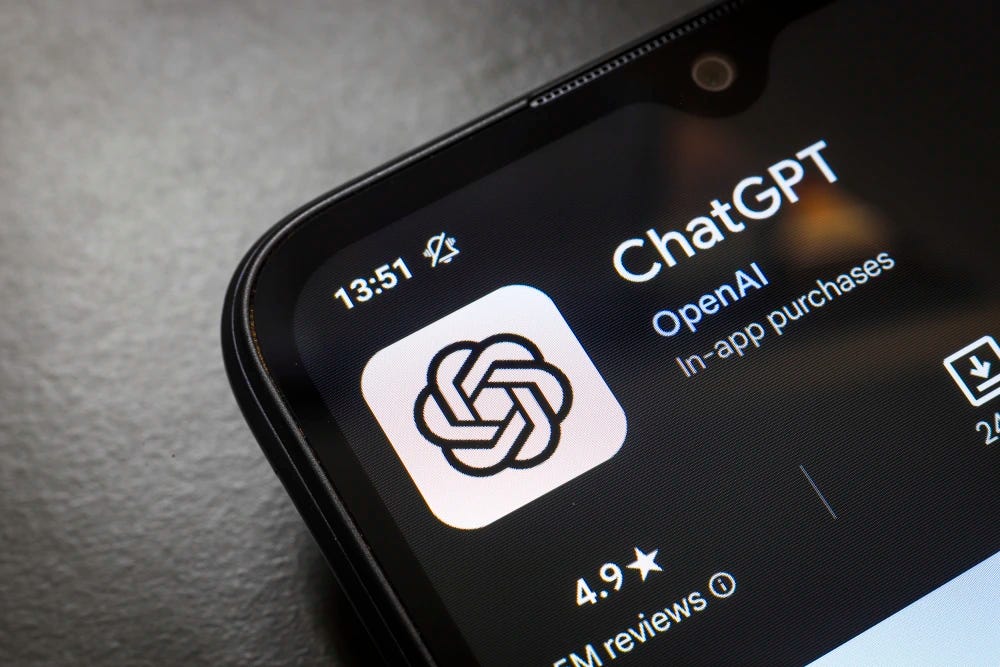OpenAI Unveils Operator: A New AI Tool for Task Automation
The chatbot-powered feature can handle vacation planning, restaurant reservations, and more—while allowing users to take control at any time.
OpenAI is elevating its ChatGPT capabilities with the launch of Operator, an AI-powered tool designed to automate a range of everyday tasks, from booking restaurants to filling out online forms and planning vacations.
Announced on Thursday, Operator is described as an “agent” capable of navigating the web to perform tasks for users. OpenAI says it is trained to interact with online buttons, menus, and text fields, making it adept at handling tasks that typically require manual input.
Enhanced Personalization and User Control
Operator can ask follow-up questions to further refine and personalize the tasks it executes. For instance, it may request login credentials for relevant websites to complete bookings or purchases. Despite its automation capabilities, OpenAI emphasizes that users can take control of their screens at any time, ensuring they remain in charge.
"Operator is one of our first agents—AIs capable of doing work for you independently," OpenAI stated in a blog post. "You give it a task, and it will execute it."
Currently, Operator is available exclusively to ChatGPT Pro users through Operator.ChatGPT.com. OpenAI plans to roll out access to Plus, Team, and Enterprise users before eventually integrating Operator into ChatGPT itself. However, the company acknowledged that Operator still struggles with certain tasks, such as managing calendars and creating slideshows.
Privacy and Data Collection
OpenAI, which is backed by Microsoft, has assured users that they can control how their data is used. Users can opt out of training data collection by disabling the “Improve the model for everyone” setting in ChatGPT. Additionally, Operator allows users to delete browsing data and log out of all connected sites with a single click through its privacy settings.
Competition in the AI Automation Space
Operator enters a competitive landscape, directly rivaling Anthropic’s Claude chatbot. Anthropic, an AI startup backed by Amazon, introduced a similar feature called Computer Use last October. This tool enables AI agents to perform tasks by simulating human interactions with computers, including navigating websites and executing multi-step commands.
Jared Kaplan, Anthropic’s chief science officer, described its capabilities as allowing AI to "use computers in basically the same way that we do," even handling tasks with “tens or even hundreds of steps.”
The generative AI market, which includes major players such as OpenAI, Anthropic, Google, Amazon, Microsoft, and Meta, is projected to surpass $1 trillion in revenue within the next decade.
The Race Toward Artificial General Intelligence (AGI)
OpenAI continues to push toward artificial general intelligence (AGI)—a loosely defined milestone referring to AI systems that match or exceed human intelligence across a broad range of tasks.
Alexandr Wang, CEO of Scale AI, a company that supplies training data to major AI firms, weighed in on AGI’s progress in an interview with CNBC. He defined AGI as "powerful AI systems that can use a computer just like you or I could" and predicted that such technology could emerge within the next two to four years.
With Operator, OpenAI takes another step toward an AI-driven future where digital assistants can handle more complex, real-world tasks with minimal human intervention.


